
As fashion moves forward every season with a slew of new collections blazing fresh trends for enthusiasts to follow, we often overlook its socio-economic impact amidst glamourised visuals. Courtesy of revivalist designers, Indian fashion has concerned both craft and community at par with couture excellence. From highlighting the luxury quotient of handwoven fabrics to tapping into age-honed embroideries and crafts, the handloom sector has turned a new leaf over the past decade, the course of which may have begun with Smriti Irani’s #ILoveHandloom campaign.
On the other hand, in the wake of the global pandemic, the fashion industry was exposed to challenges that went beyond the languishing handloom sector. The downtime highlighted slow fashion like never before as both designers and consumers were enlightened about the environmental, economic, and social impact of fashion. From championing transitional style over trend-led statements to supporting the livelihood of every stakeholder in the supply chain, here’s how brands are playing a pivotal role in pioneering a sustainable and future-proof fashion.
Recycling and Upcycling
In their quest to save the environment, designers like Gaurav Gupta and Abraham Thakore have showcased collections crafted by repurposing PET bottles. The signature metallic accents on couture creations by Amit Aggarwal are rendered with recycled polymers, plastic, bindi, and industrial waste. Upcycling and zero waste management with innovative techniques of patchwork and applique work have also been adopted by established brands as a way into a sustainable future.

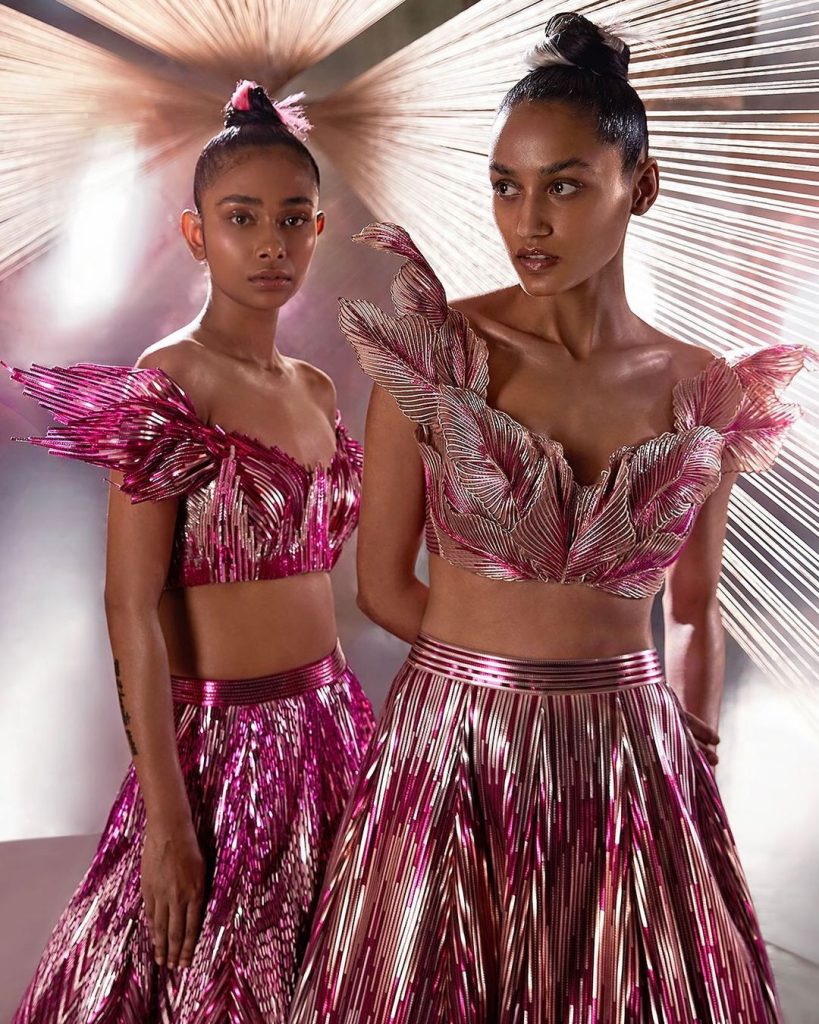
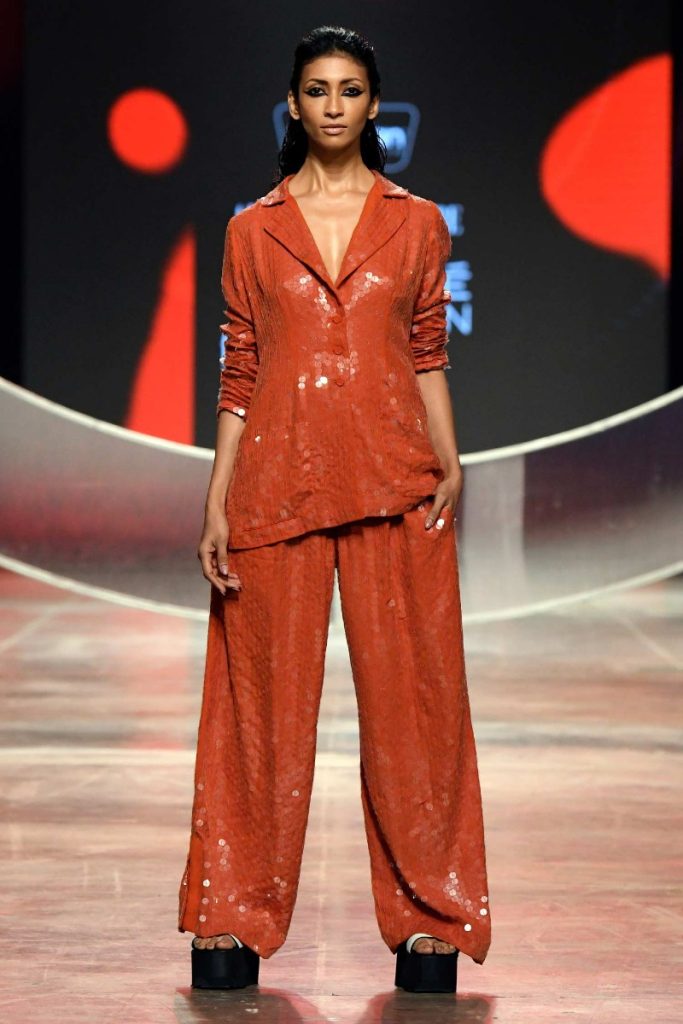
Fostering Communities
Artisans and craftsmen are the building blocks of fashion and designers’ commitment to their livelihood form an important part of a brand value. Anita Dongre contributes to nurturing rural-based communities with skill training, sources fabrics ethically, and uses prints acquired from vegetable dyes. On the other hand, Ka-Sha takes pride in being a sustainable brand conscious of the maker and wearer, offering a fair wage practice to all its employees.
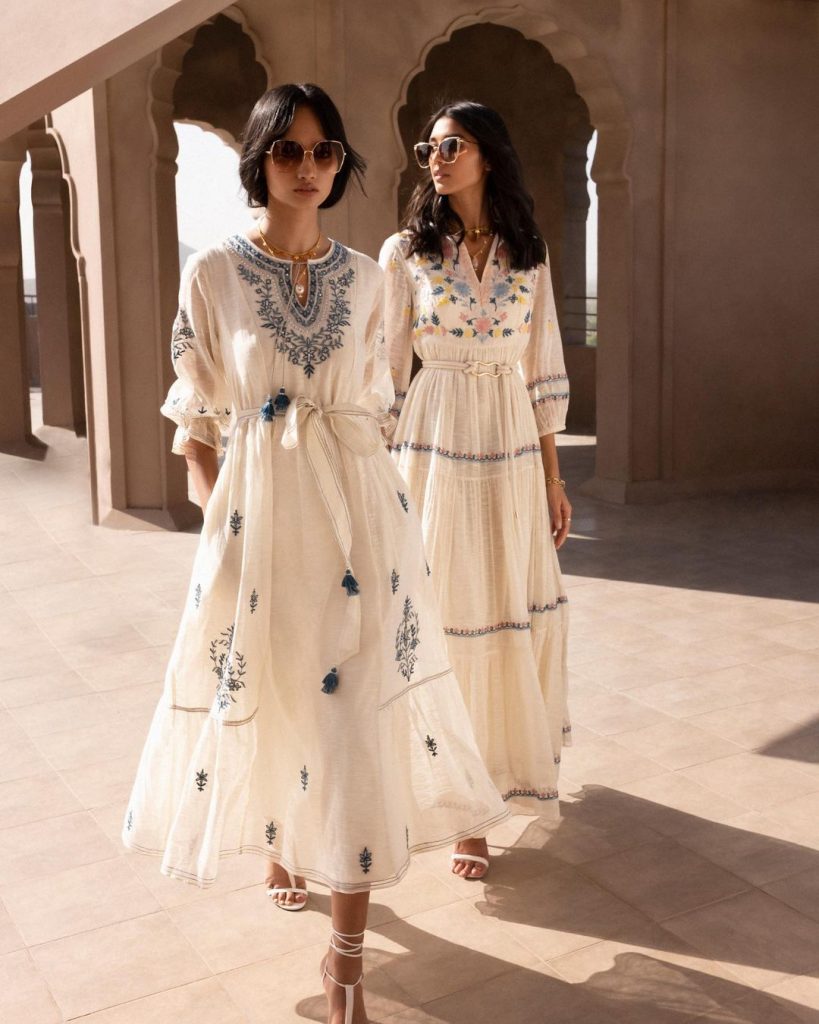
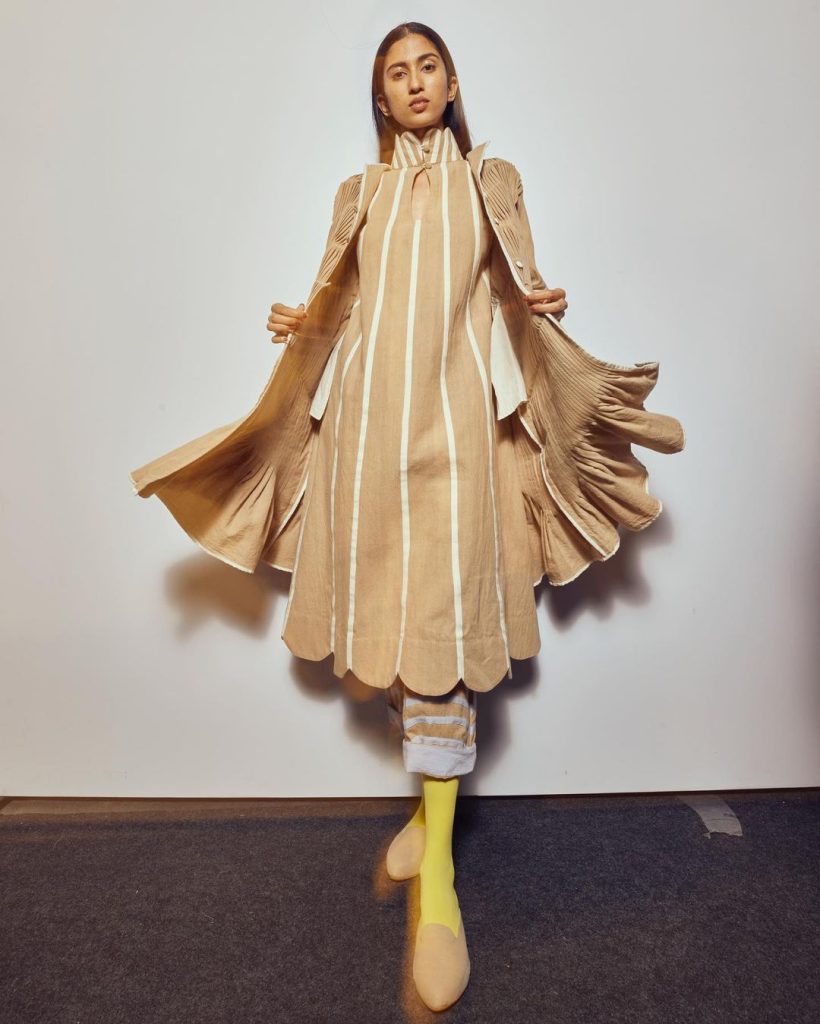
Organic Fabrics
Championing Handloom
Handwoven fabrics have formed an exquisite signature of many covetable labels. Case in point, Ekaya keeps its repertoire immaculate with time-honed handwoven fabrics like benarasi silk, khadi, and kanjivaram to name a few. Gaurang is another connoisseur taking the legacy of handloom textiles to center stage. Similarly, Kasturi Kundal curates a trove of sarees customised in heritage weaves that can be bequeathed to posterity. Creating modern pieces of an heirloom that sustain through the test of time, these brands offer a slice of cultural heritage that can be celebrated and reached out to at any point in life.
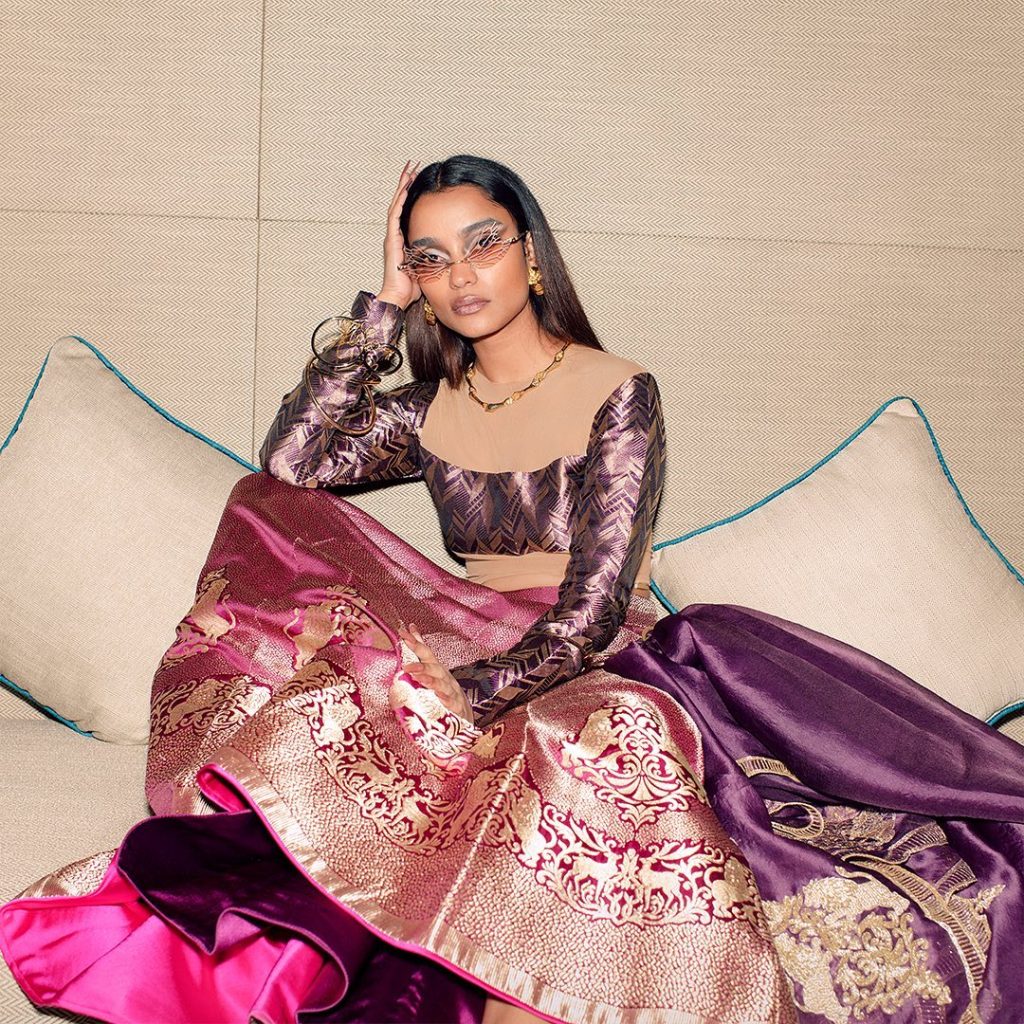
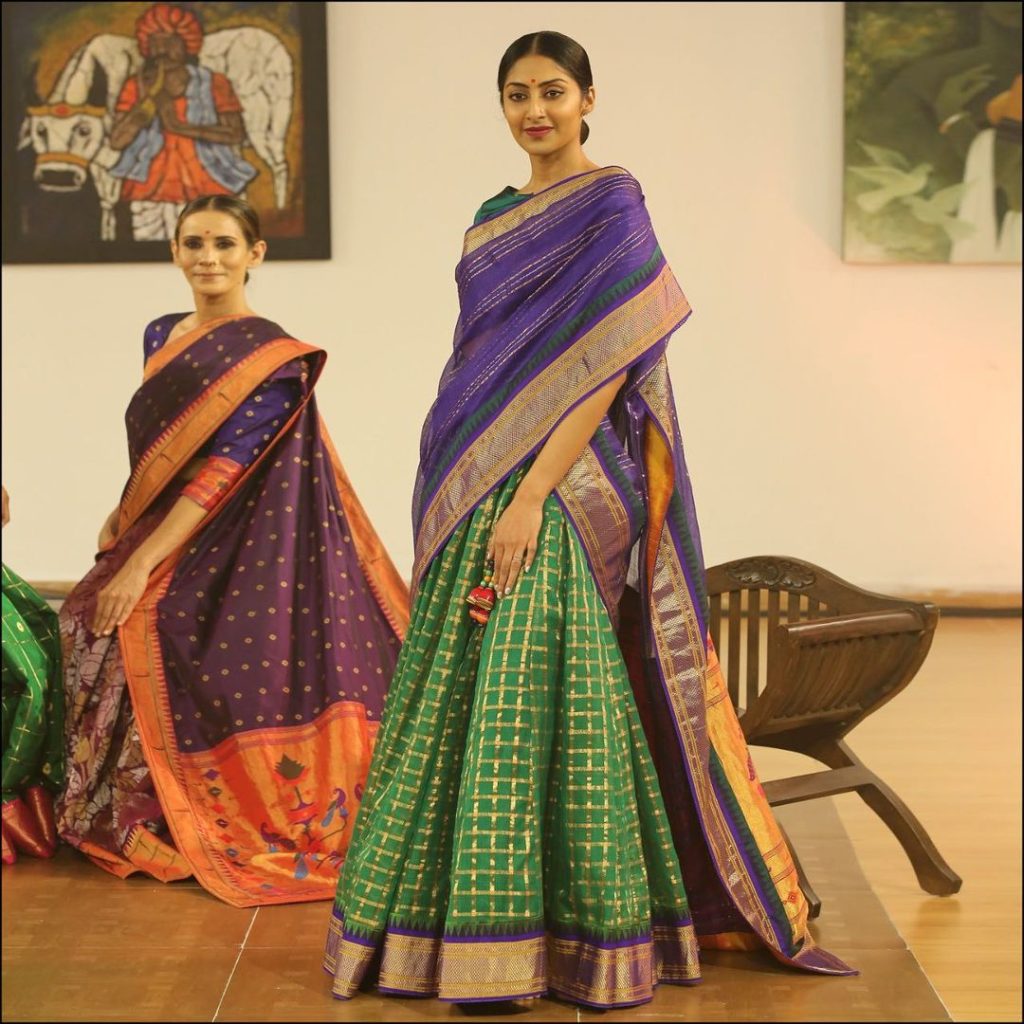
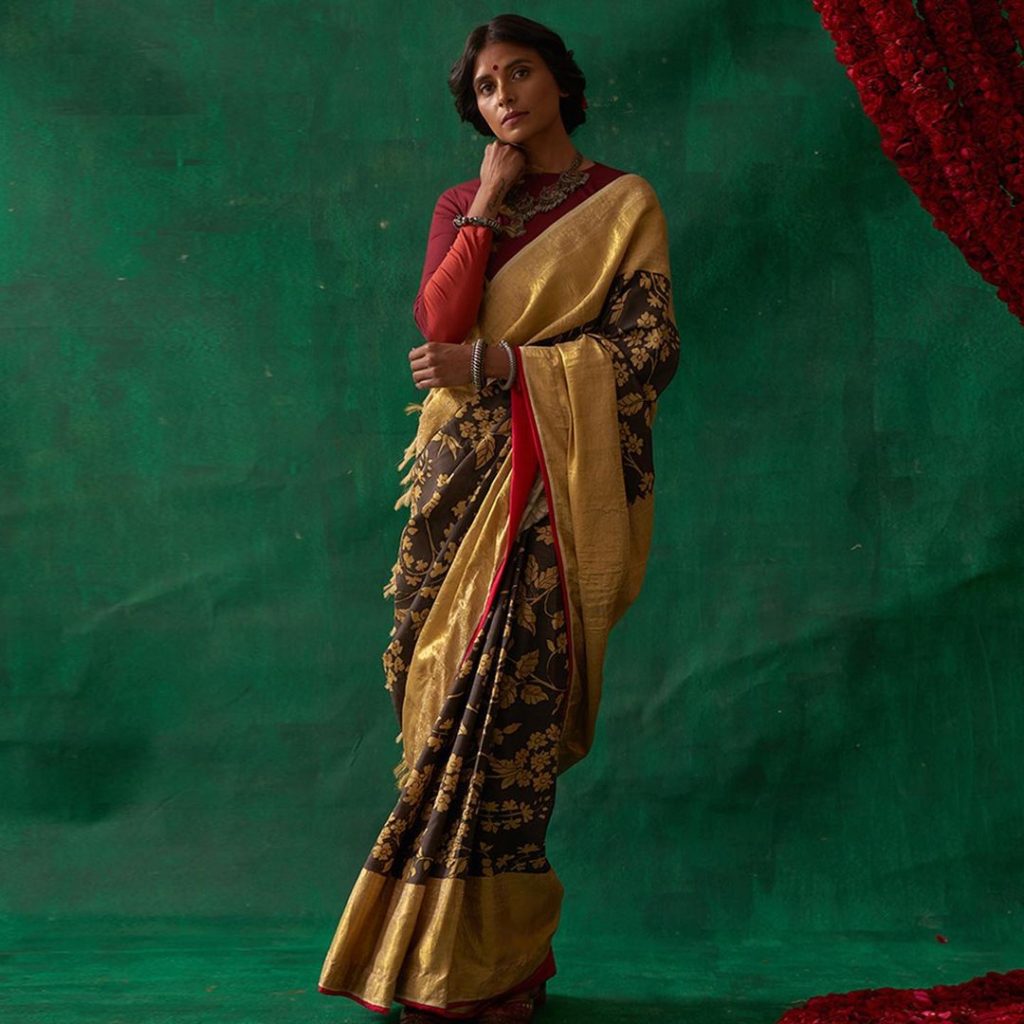
Nature serves as an abundant inspiration to designers in terms of resources as well as design. The comfort quotient of cotton is maximised by Khara Kapas with a line-up of breezy lounge-worthy and vacation-worthy silhouettes. The ubiquity factor of linen is iterated into anti-fit silhouettes by Kaveri. Mulmul is known for weightless wonders with a romantic attribute that can lend you a flattering look for any occasion.

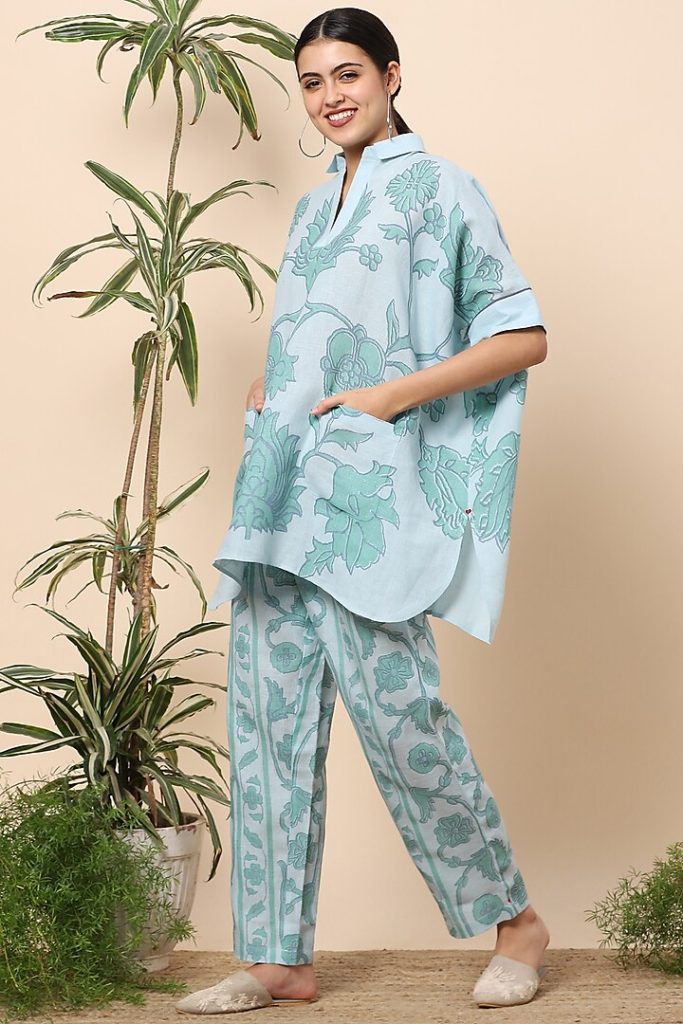
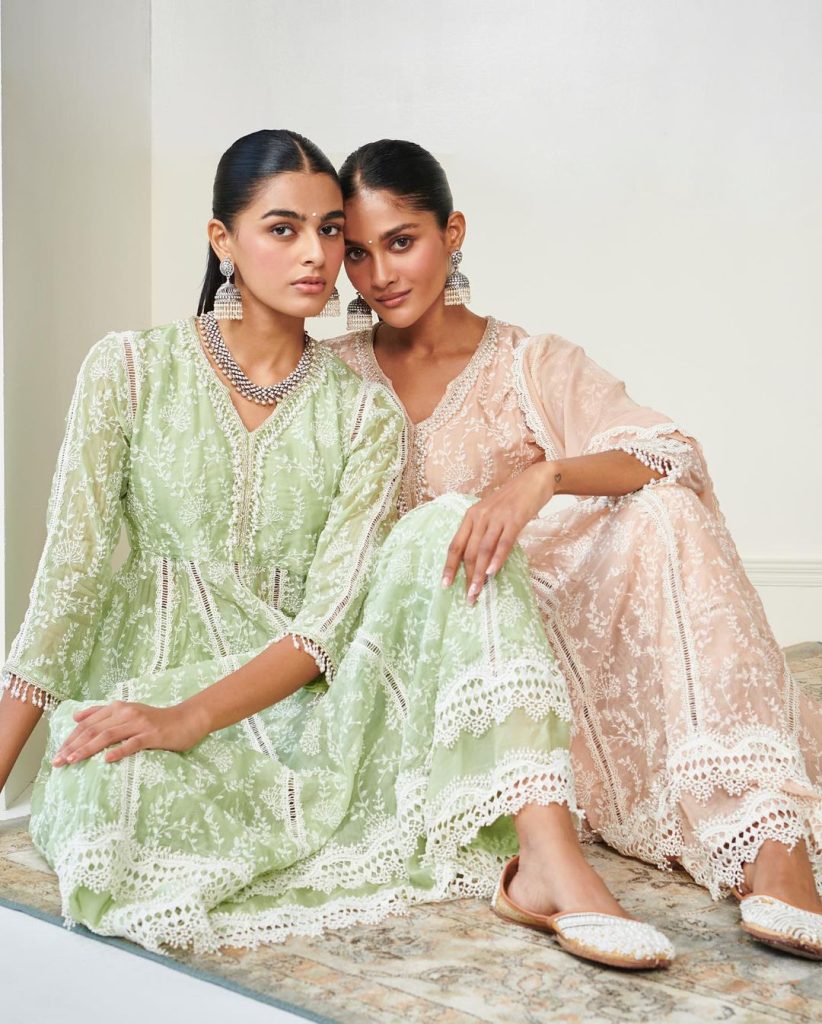


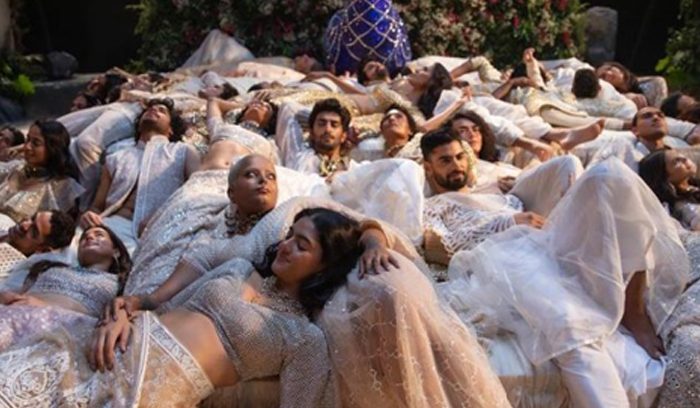
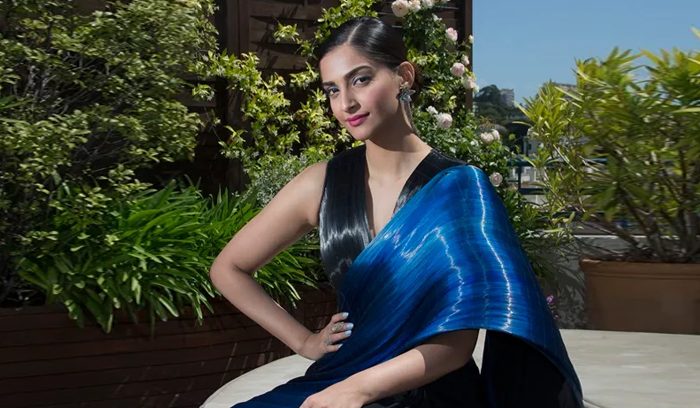

Leave A Reply